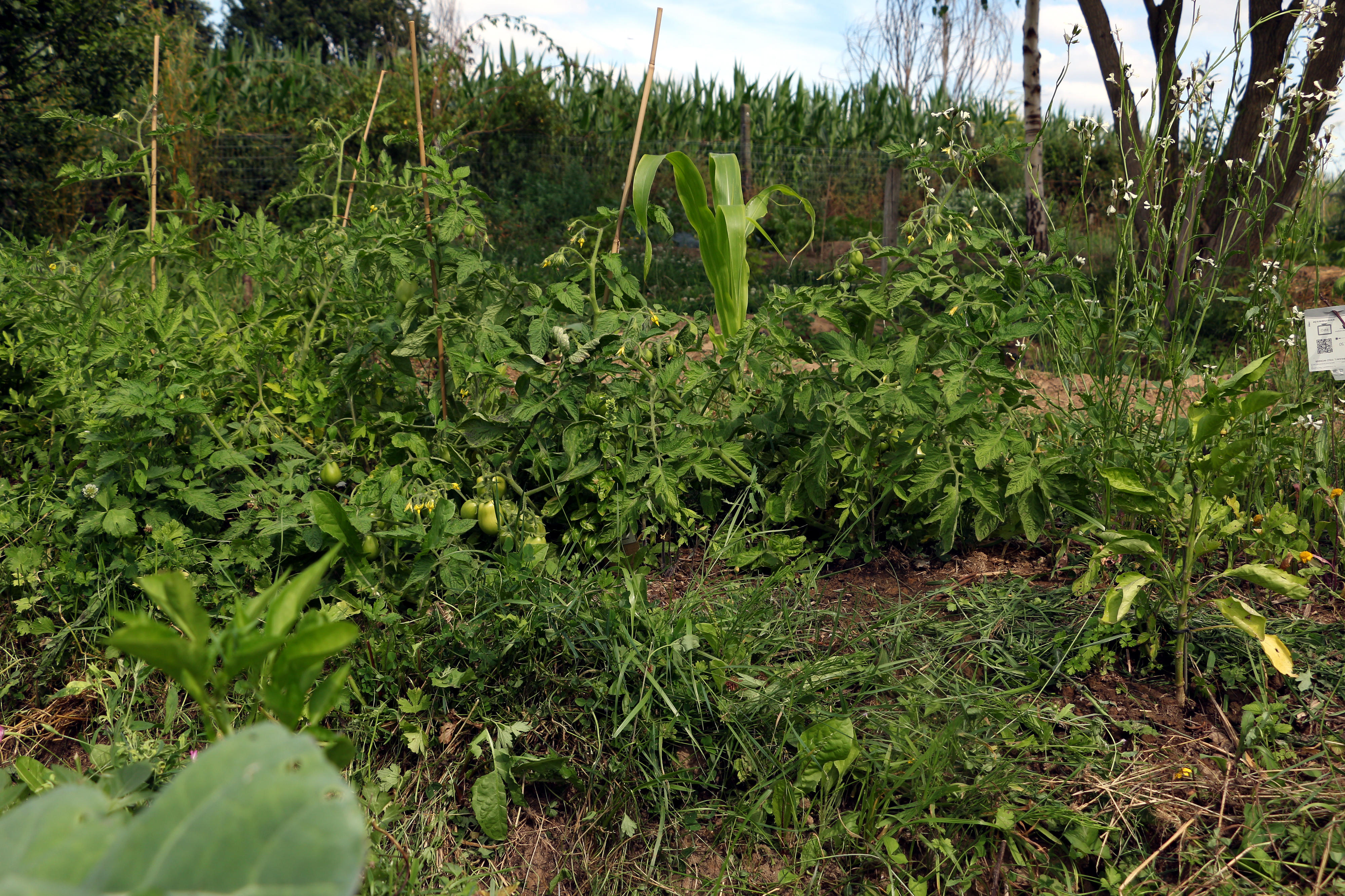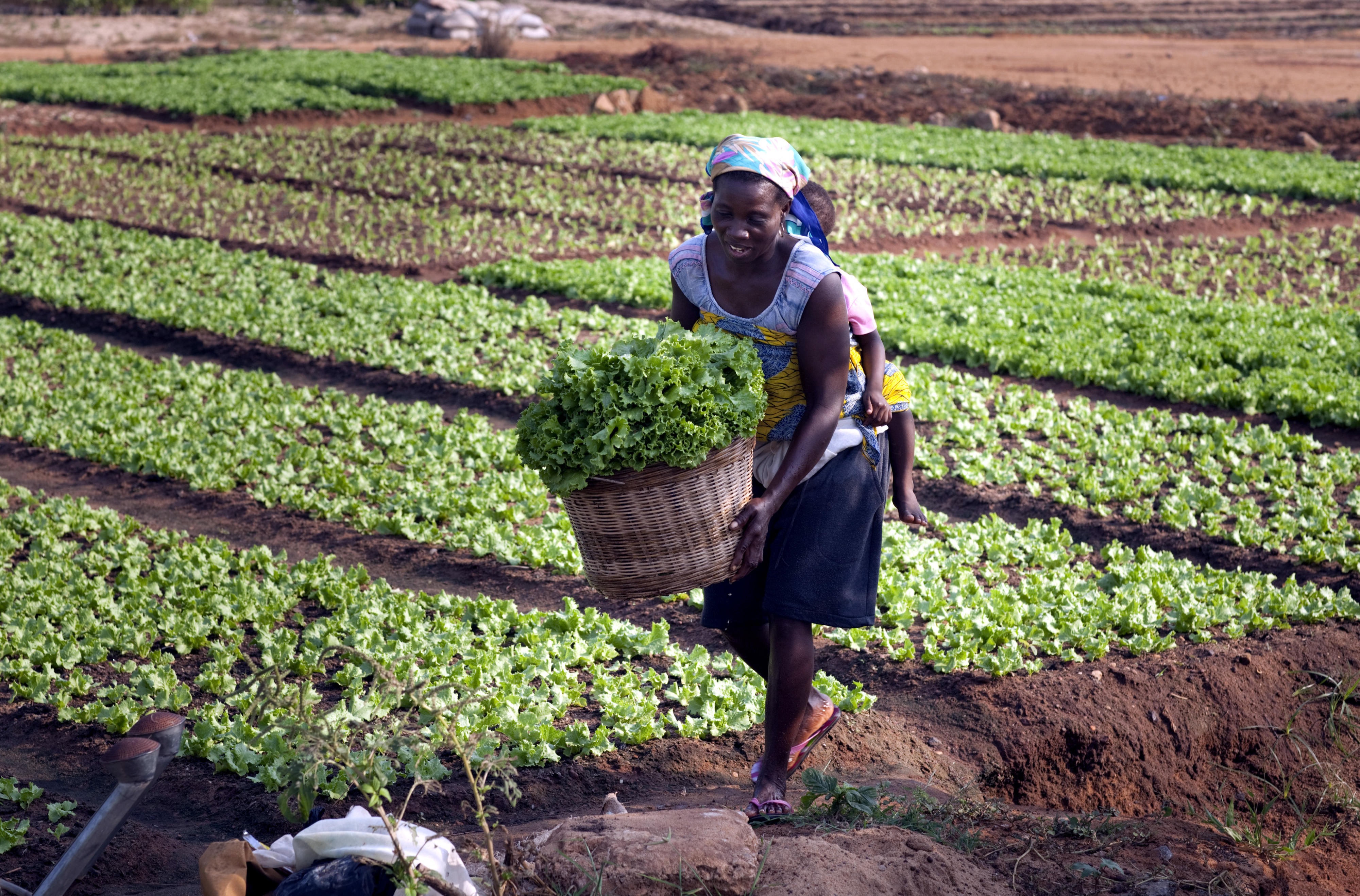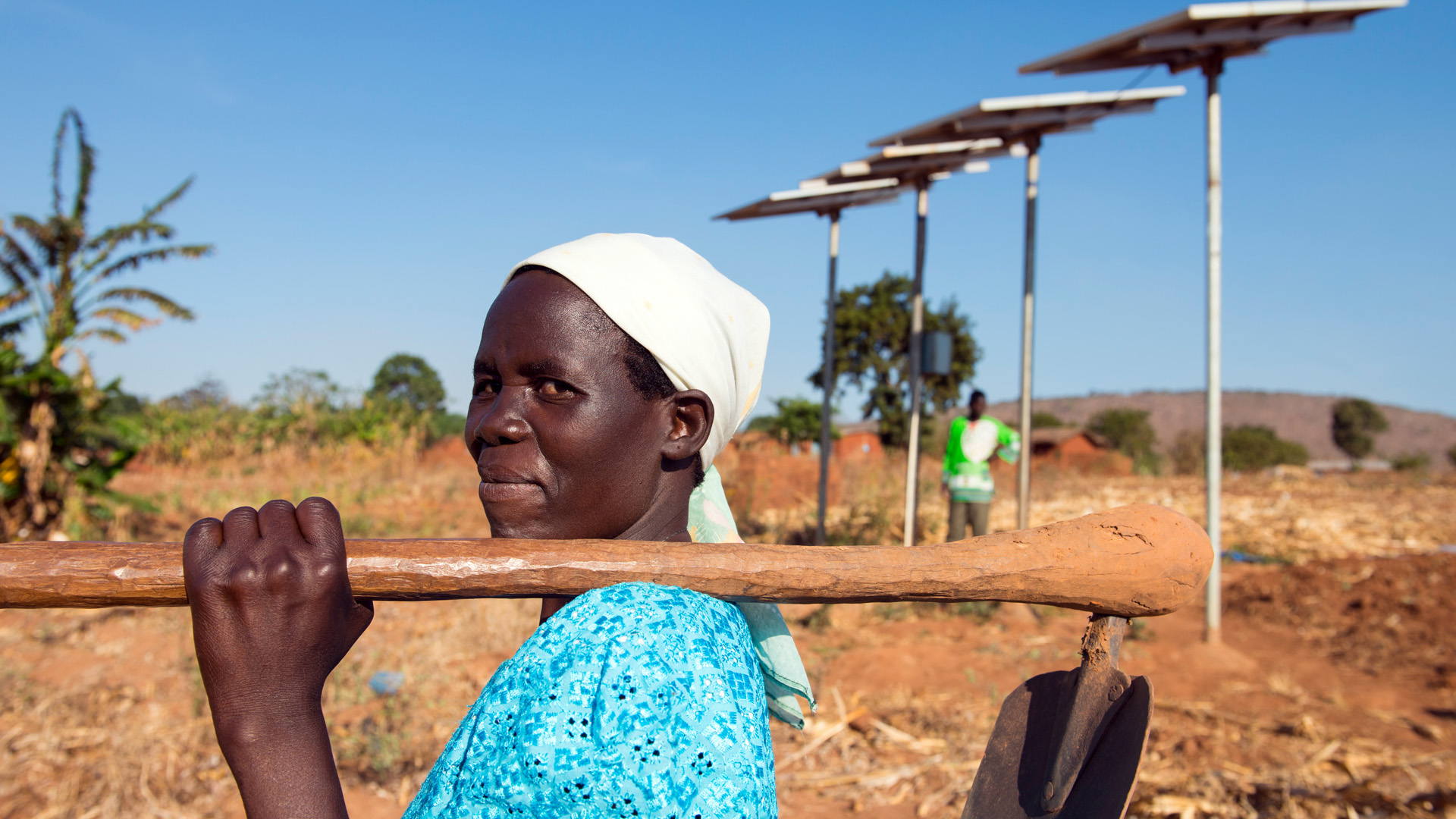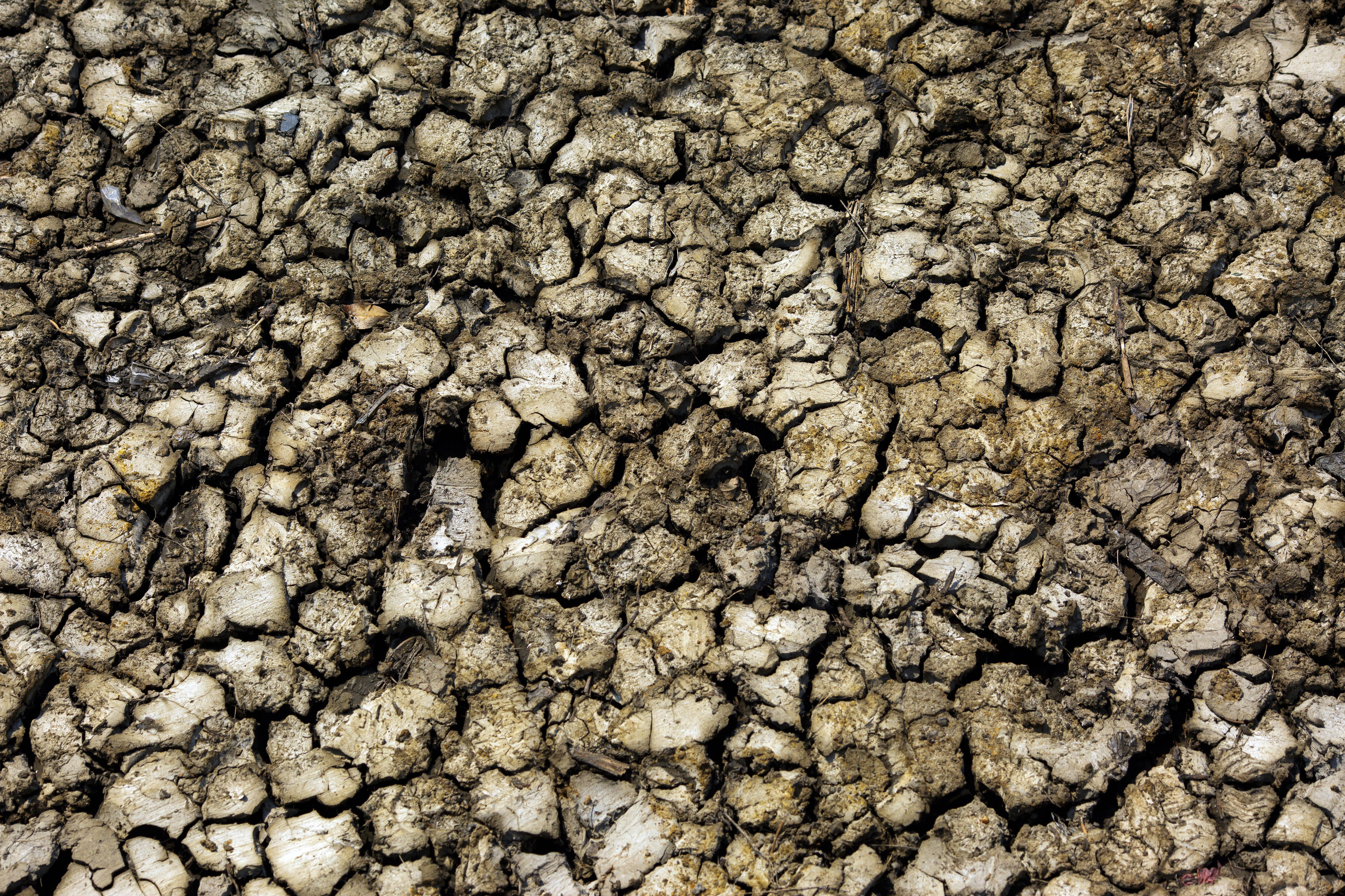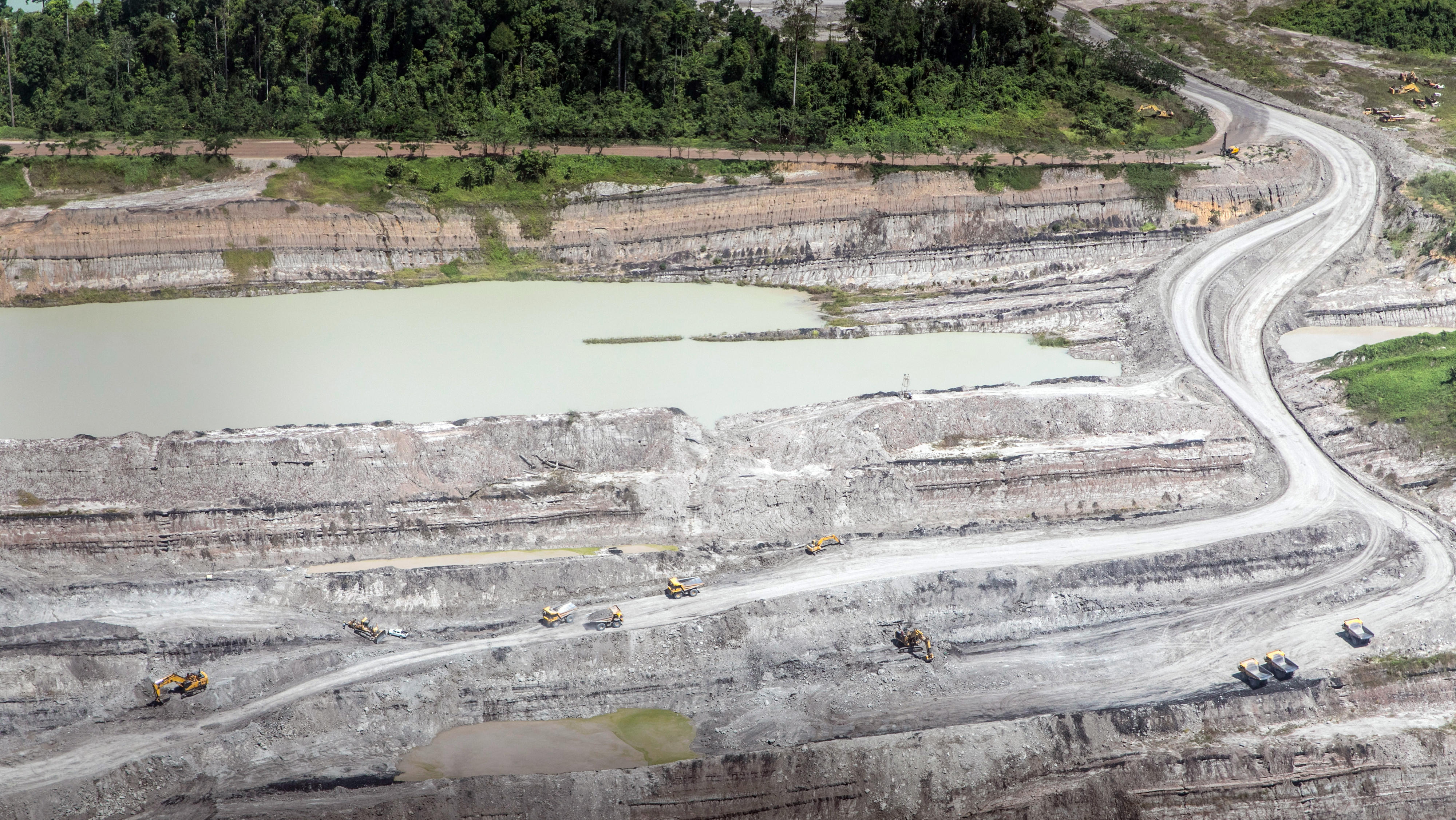Soil and biodiversity Conserving soil conserves biodiversity
This human-induced soil degradation is in part the result of over-intensive farming, forest clearance, pollution, or sealing of the ground.
Protecting the soil goes hand-in-hand with the conservation and enhancement of its biodiversity. Agro-ecological approaches and conservation tillage together help to preserve both the soil’s species diversity and its ecosystem services, thus contributing to achievement of the goals of the Convention on Biological Diversity.
